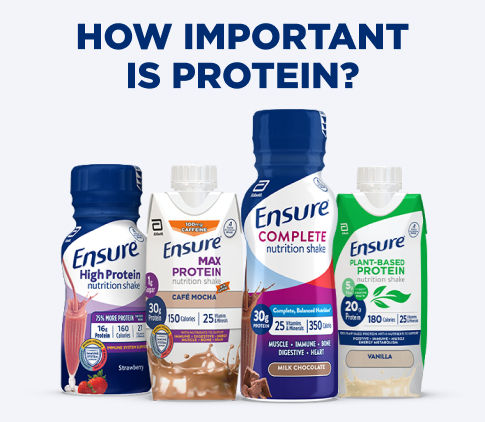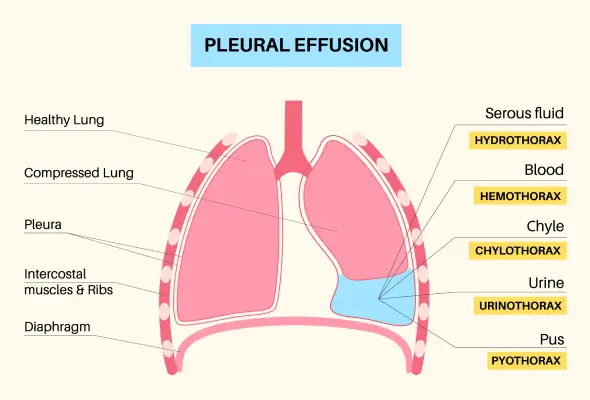Barnacles and Vitals Thieves
And yet another nurse arrives beside my hospital bed and says, “May I take your vitals?”
I reply, “If you girls keep “taking” my vitals, soon I won’t have any left.” That one took a moment, but she got it.
All my smart-mouth joking serves a purpose. Not only does it keep me on the bright side, but it also lets me know that everything is okay cognitively. I continue to monitor myself assiduously for any signs of anesthesia-related cognitive decline. That was my worst fear about surgery.
Later on, two nurses arrive for checks, and this time they want to see my five laparoscopic incisions. I pull up my gown and they count the four near my waistline.
When she hesitates after counting four, I say, “The last one is up here near the barnacles.” I am referring to the brown seborrheic keratosis that dot my torso and back. They are caused by many factors like age, genetics, and exposure to sun, and are common in the elderly.
This time, all three of us started giggling and it took a while before the ladies could continue their exam. They left smiling. Score! I said to myself.
Diane arrives with a bouquet of flowers. They are a replacement for a previous bouquet sent by Diane’s daughter and two sons and were to contain specific flowers with specific meanings. The daughter was not happy with the first lovely bouquet as it did not contain lavender, which symbolizes purity, silence, devotion, serenity, grace, and calmness.
 |
| First flowers |
Neither did the second bouquet—purple stocks. Nonetheless, it’s the thought that counts and the flowers are lovely.
 |
| Second flowers |
Once again, I am wheeled down to the Ultra Sound lab where a tech locates and pinpoints the spot for another tech to drain the pleural effusion around my left lung. This time, the half-liter of fluid is not milky and is a brighter red. My “limousine driver” wheels me back up to the third floor and I get back in bed.
Altogether, they have drained 1.8 liters of fluid from around my lungs. Picture almost two Nalgene bottles of fluid, or close to four lbs.!
If all goes well, I can expect to be discharged tomorrow.
Tomorrow arrives. Another X-ray reveals only a residual amount of fluid around the right lung. Not enough to worry about as long as I am breathing well.
As I pack up to leave the hospital, I ask Diane what she thinks about giving the second bouquet to my roommate. She approves. We call the woman’s husband and give him the flowers. He gives them to his wife and she is happy.
He says, “They put my single rose to shame.”
Ah, my. So often my good intentions have unintended consequences.
Back at the hotel, we are in a new room as we had to change rooms when our original reservation expired.
I climb into a sofa bed with an array of pillows that prop me semi-upright, per instructions.
Then, I start to make plans to go home. It’s now Saturday. We canceled Diane’s original Friday flight home and rescheduled it for Monday night. I get in touch with my friend Julie, who lives in an apartment on my property. She is returning Sunday from vacation and I will get a ride with her. Diane will have use of the pickup until Monday.
Neighbors volunteer to go to Anchorage to get my truck and bring it to Moose Pass for me. All is set and by Sunday late afternoon, a week after first going to Anchorage, I am home.
Then begins the at-home recovery process. It will be marked by successes and setbacks, but no more hospital visits.














